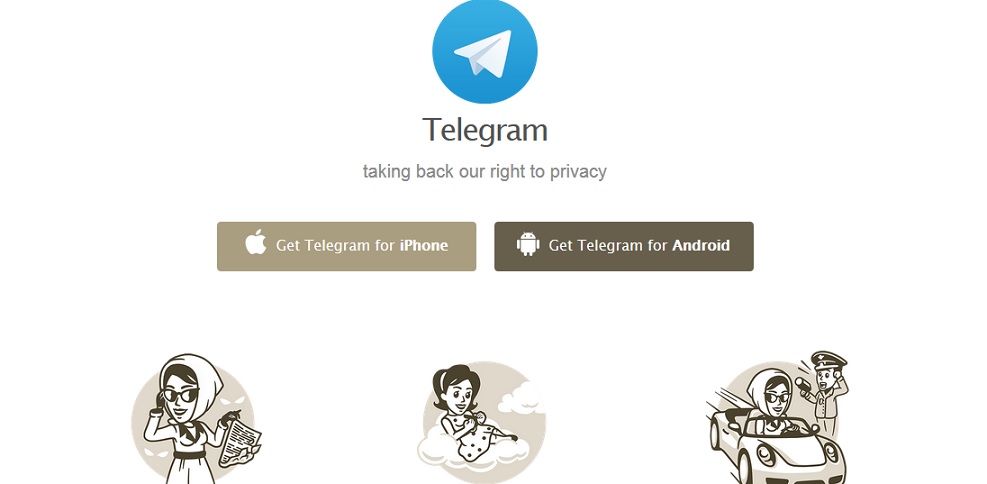What social network Facebook will ultimately gain for having shelled out US $19 billion for messaging app WhatsApp remains to be seen, but a rival called Telegram has already gained huge momentum, some of it partially at WhatsApp’s expense.
The 1-2 punch of Facebook’s acquisition announcement & the WhatsApp messenger app going down for 4 hours a few hours after, tilted the scales towards Telegram, which started gaining users by the hundreds.
Before the rival’s downtime, Telegram was getting around 300,000-odd downloads per day, & but that jumped to around 1 million. On the day WhatsApp went down, Telegram claimed it got 1.8 million new users, & the next day added another 4.9 million to its kitty.
 The insanely high flow of users towards Telegram pushed it up to the top for app downloads in the social networking category, where it is currently in 4th place, ahead of Twitter & just behind Facebook, WhatsApp & Facebook Messenger.
The insanely high flow of users towards Telegram pushed it up to the top for app downloads in the social networking category, where it is currently in 4th place, ahead of Twitter & just behind Facebook, WhatsApp & Facebook Messenger.
Hype & luck apart, exactly what does the Telegram messenger app offer that makes it so good? Well, you can use it to send messages (text, pictures, videos & document files) to people in your phone’s contact list who also have Telegram.
You can even categorize your Telegram contacts & create groups of recipients of up to 200 people. It has the same two-tick feature as WhatsApp, with one tick for a sent message & two for those that have been read.
Then there’s the security & big-brother aspect, because that’s where Telegram scores heavily over your traditional messaging apps.
The Berlin, Germany-based Telegram was founded by brothers Pavel & Nikolai Durov. The app is ad-free, & the Durovs promise on the Telegram Website that it is a non-commercial project & they will never sell ads or accept outside investment.
2ndly, they welcome people who wear tin-foil hats & tend to lean towards the paranoid. Telegram has a self-destruct feature for something they call secret chats.
You can set your encrypted secret chat messages to self-destruct after a set amount of time from both ends, & no one including Telegram will be able to intercept or decipher the messages in the interim. If you choose to initiate a secret chat, the message won’t even be stored on Telegram’s Cloud.
Then there’s the little matter of which version of the Telegram app you want to download. Their 1st app for the iPhone was launched in Aug 2013, & the official Android one followed soon after in Oct 2013.
But the official Android app was chosen through a developer contest, & the runner-up’s app was apparently good enough that it’s also available as an unofficial app.
In fact, they have a whole bunch of unofficial apps, so you can choose which one you want.
But if you’re a stickler for official apps, click here to download the Telegram messenger app for iOS from the App Store, & click here for the Android app from Google Play.
Image Credit: Telegram
Advertising Message


